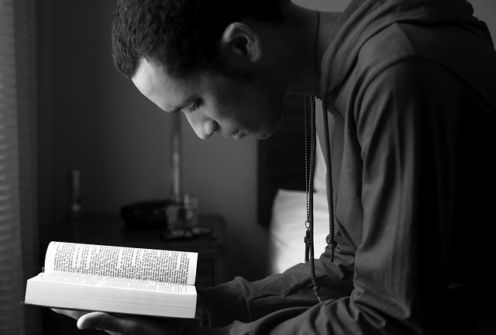Fr. Michael Schleupner offers another wise reflection today. Let’s read his thoughts about lessons from failed expectations.
Great Expectations
 When I was in high school, I remember reading the classic novel Great Expectations; it was written by Charles Dickens. I imagine that many of us have read this somewhere along the way. In the story, a young woman named Miss Havisham is about to be married. All the preparations for the wedding have been made. On the day of the wedding, the guests arrive. They wait, and they wait. But the groom never shows up.
When I was in high school, I remember reading the classic novel Great Expectations; it was written by Charles Dickens. I imagine that many of us have read this somewhere along the way. In the story, a young woman named Miss Havisham is about to be married. All the preparations for the wedding have been made. On the day of the wedding, the guests arrive. They wait, and they wait. But the groom never shows up.
Miss Havisham is devastated. When the guests have all left, she draws the shades on the windows, stops the clocks, and leaves the table exactly as it has been set for the wedding breakfast. And, from then on, for the rest of her life, Miss Havisham never leaves her little house. She just sits in her loneliness – dressed in her wedding gown.
Miss Havisham and the Risen Christ
Miss Havisham is a tragic figure. She never realizes that in some way, we all have to deal with life’s injustices, disappointments, and losses. She never realizes that we have to deal with these sufferings and live through them, as painful as they may be.
In today’s gospel (Luke 24:35-48), the risen Christ reminds the disciples of what he has tried to teach them. He wants to help them with the sufferings that are part of life. He wants them and us to know that we can learn and grow from suffering. We can even come to fuller life through this.
Our Expectations
Let’s just look at our own experiences. There are injustices in life. Like being unfairly evaluated by your boss, being misunderstood by your family, or being discriminated against because of racial prejudice, and on it goes.
There are disappointments in life. Like failing an exam, not getting a job, not making the first string on the school baseball team, and on it goes.
And there are losses in life. Like the death of a parent, the loss of a close relationship as happened to Miss Havisham, the loss of eyesight or hearing, and on it goes.
The Risen Christ
Jesus, as the Risen Christ, wants to help us to deal with these sufferings. The Risen Christ calls us to accept what is and what we cannot change. Notice that I keep saying “Jesus as the Risen Christ” because he, as risen, gives us hope. The Risen Christ gives us the hope of resurrection after physical death. And with this hope, he also empowers us for living right now.
He empowers us not just to turn in on ourselves in our suffering and remain a victim. He empowers us not to give up when injustice or disappointment or loss come our way. Instead, the Risen Christ empowers us to look at what else God may now want us to do. He may empower us to use the suffering we have experienced as a way to grow in wisdom about life. And he may empower us through our suffering to grow in compassion for others who also suffer. Sometimes our sufferings require physical or psychological therapy, and sometimes we know we will not get back to where we were.
But even here, the Risen Christ offers us hope. It is the hope of the Easter mystery, of new life coming from suffering and dying, and this hope empowers us.
Conclusion
Our American author Pearl Buck has a great insight here. She says: “We learn as much from sorrow as from joy, as much from illness as from health, as much from handicap as from advantage – and indeed, perhaps more.”
I will conclude by repeating those insightful words of Pearl Buck. “We learn as much from sorrow as from joy, as much from illness as from health, as much from handicap as from advantage – and indeed, perhaps more.”
~Fr. Michael Schleupner
